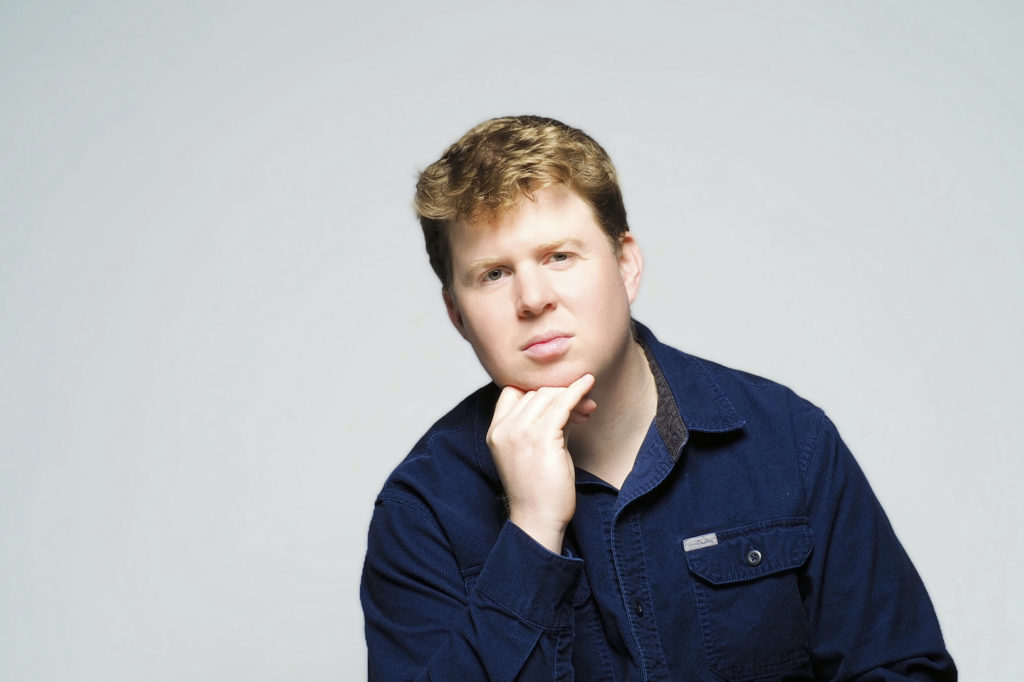
A Moral Reckoning by Nathaniel Baldo
.
The ongoing Black Lives Matter uprising has helped further my recognition of the depth of structural racism and bigotry here in Rochester and across the country. I grew up in Brighton, New York, an adjacent, relatively affluent suburb. I’ve tried to take time and reflect on messages and boundaries that were taught, both explicitly and implicitly, from an early age within our community: don’t go into “those” neighborhoods, stay on our side of the fence, police are there for good reason.
Never was I taught the history of racially restrictive housing covenants, including those written by Eastman Kodak, enforcing racial segregation in Brighton neighborhoods. Nor was I aware of the slew of blackface minstrel shows that had taken place in towns across our region, including my own high school.
While there was often a superficial acknowledgment that racism was wrong, I left my community for college with little to no understanding of the historical and contemporary realities of structural racism in the Greater Rochester area. In my mind, anti-Black racism was a phenomenon largely confined to the American South, and ended with the signing of the 1964 Civil Rights Legislation.
The present groundswell of activism and solidarity, led by frontline communities including Black, Indigenous, and People of Color, is both inspiring and humbling to witness and to play a small part in. It is a clear reminder of our obligations as allies & accomplices to commit to the lifelong struggle for justice. The response to these protests from politicians, law enforcement, and much of the media has also raised critical questions for me about the structure of American society. Why are these movements across the country so threatening to structures of power? Why is the response to non-violent protestors a highly militarized police force, equipped with drones, tear gas, sound cannons, and rubber bullets? Why is the FBI interrogating activists? Why do media outlets post headlines that omit mention of the casualties activists have sustained as a result of police violence? These questions come to mind with each protest.
Now I try to continually remind myself of this country’s history of white supremacy to avoid passivity and complacency.
I see a sense of desperation from these systemic forces, because they recognize that the truth is not on their side. Hence they resort to unthinking brute force.
I feel that I have only begun to fully process the extent to which racism is embedded within American society — from access to housing, educational opportunity, criminal justice, all the way down to our friendships and personal interactions.
Looking back, I feel that so many of us, in predominantly white communities, myself included, have for years collectively refused to learn, acknowledge, or work to help address this unjust and horrible reality, for the sake of our comfort and status.
Now I try to continually remind myself of this country’s history of white supremacy to avoid passivity and complacency. I try to center social, economic, and political justice in my consciousness and actions. This is what the Black Lives Matter movement has done for so many of us.
In Rochester, I saw community members band together using their skills to support this critical movement, from organizers, to street medics, mental health specialists to artists, musicians, cooks, legal volunteers, and so many more. Led by frontline communities, notably women of color, these movements have provided such a powerful realization that another world is possible – a world not built on authority and control, but on liberation and solidarity.
◊
Photograph by Adam Eaton
All audio, text and images are under copyright © Neelum Films LLC






Getting to know you a PAB Zoom at a time is a slow go but I’ve enjoyed your company and contributions. I’m grateful for you sharing your deeply felt, straightforward history of growth. I appreciate that you don’t demean your younger self’s incomplete understanding, just name it and explain what changed your direction. It’s a reminder for us to nudge one another along and not block the path.
Thank you so much, Katherine. That really means a lot. Truly respect your commitment to justice through advocacy.